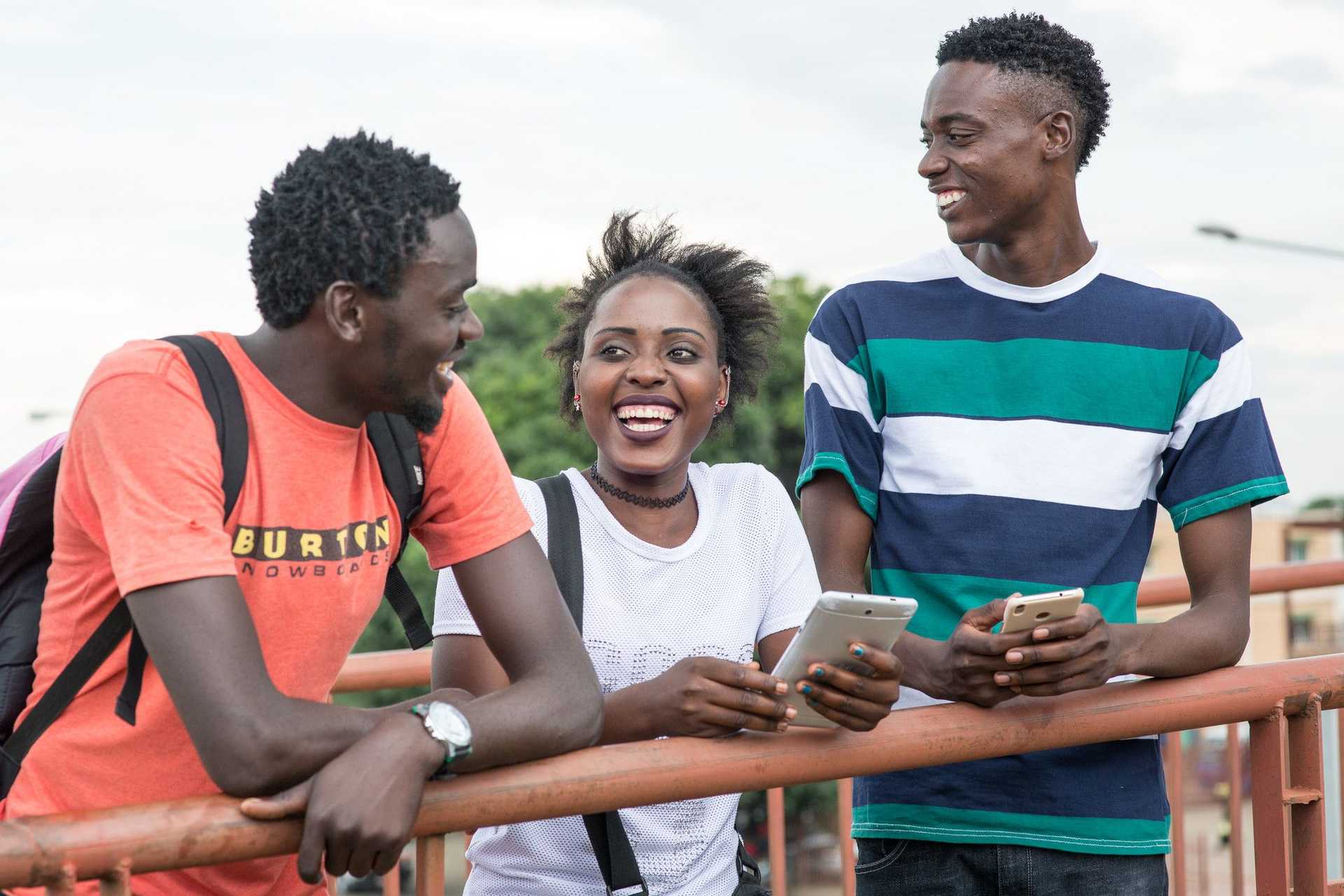Why there has never been a better time to close the HIV knowledge gap
Avert’s CEO, Sarah Hand, on how digital technologies are helping more and more people access the information they need to look after their sexual health
Avert’s CEO, Sarah Hand, on how digital technologies are helping more and more people access the information they need to look after their sexual health
Published on 28 July 2022
It’s often said that knowledge is power. And this is never truer than when it comes to HIV.
People’s ability to access, understand and use information to make decisions about their sexual health is essential. Without this, people do not know how to prevent themselves or others from acquiring HIV, how to live well with HIV or how to deal with many other issues, such as spotting a sexually transmitted infection, preventing unwanted pregnancy or experiencing sexual pleasure.
The HIV response has made huge progress since the early days of the epidemic. We now have the tools to prevent, treat and manage HIV. But these tools are only effective if the people who need them understand and trust them, and know where to get them.
Ensuring everyone has the information and resources they need to make informed choices about their sexual health – otherwise known as ‘health literacy’ – has not progressed at the same pace as other areas of the HIV response, especially when it comes to preventing HIV. It’s time we closed this critical knowledge gap.
AIDS 2022 shows the global solidarity, commitment, expertise and passion that exists across the world to end AIDS as a public health threat. As such, it is truly inspiring, and there has never been a better moment for this global event to make health literacy a central concern.
In the last decade or so, the way people are learning about HIV and sexual health has been changing. People no longer rely on healthcare workers to get the information they need. Growing access to online and digital technology – to mobile phones, apps and websites – is giving people new opportunities to find information and share it; opportunities that previous generations did not have. Not only does this help individuals build their health literacy, it can contribute to changing community norms and beliefs. Digital spaces also give people the chance to ask and explore any questions they may have without embarrassment or judgement.
Although digital technology is still far from universal, access is soaring. Now is the time for the HIV response to fully seize the potential this brings. It has never been easier to make reliable and relatable health information available to different communities, via apps, websites and digital services that fit into their lives.
Take PrEP, for example. This could prevent millions of people from acquiring HIV. PrEP drugs are available in an increasing number of countries, and work is being done to make PrEP services accessible.
Digital health literacy has played a vital role in the success of PrEP uptake among key communities. Innovative interventions such as the use of dating apps and text information hotlines have provided individuals with the information they need where they already are.
However there remains a large unmet need in PrEP. We need to ensure that roll out in availability is also mirrored in investment in health literacy where uptake is low. This will ensure everyone can benefit from PrEP and other prevention approaches.
Although digital technology is still far from universal, access is soaring. Now is the time for the HIV response to fully seize the potential this brings.
At Avert we have spent the last three decades working with communities most affected by HIV to provide them with accurate and accessible sexual health information. From the Zambian teenager confused by what her Aunty has told her about HIV, to the young gay man in India who feels too shy to speak to a health worker about sex, or the community health worker determined to keep up with the latest developments, we know that information is only effective if it makes sense to the people it is intended for, in the languages, styles and formats that they understand and trust.
The different technologies that have sprung up during Avert’s 30-year existence are remarkable. The content and products we create have evolved during this time to reflect the changing ways the communities we work with get and share information. We have seen how effective digital information is in reaching specific groups and providing them with the knowledge – and therefore the power – they need to make informed choices about their sexual health.
Health information is a right for all – and digital technologies have the potential to realise this right for many more people. We know what is possible, so now is the time to act to narrow the HIV knowledge gap, and with it one of the most significant barriers that stands in the way of ending AIDS.
If you’re at AIDS 2022 and want to hear more, visit Avert’s booth in the Global Village (GVE066) to explore our latest free digital resources, find out about Boost (our sexual health information app for peer educators and community health workers), learn how we co-create digital content, hear how data gathered through digital projects can improve sexual health information, and discuss using digital information in lower-income settings.
Photo credit: Corrie Wingate. Photos are used for illustrative purposes. They do not imply health status or behaviour.
